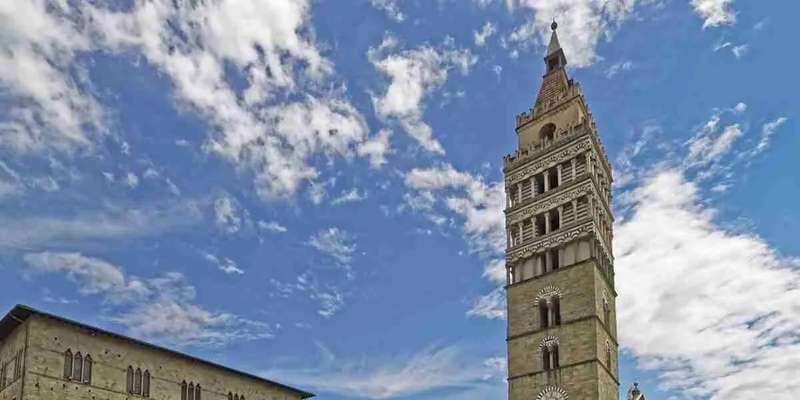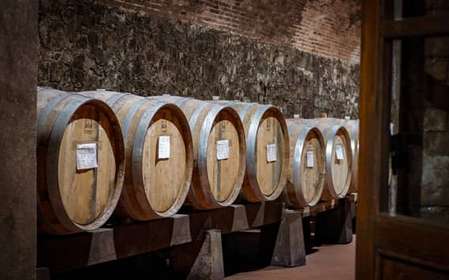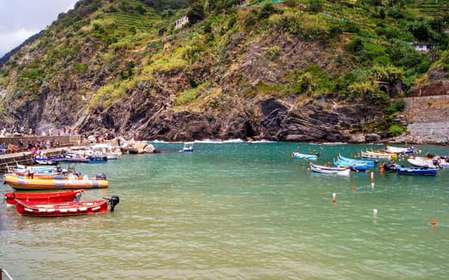- Home
- Useful Tips
- Historic musical instrument...
Finding authentic cultural experiences in Italy often means battling crowds at major tourist sites, leaving little room for genuine local encounters. In Pistoia, a lesser-known Tuscan gem, travelers frequently miss the city's remarkable heritage of musical instrument craftsmanship simply because they don't know where to look. Over 70% of visitors to Tuscany never venture beyond the main cities, according to regional tourism data, missing unique opportunities like watching luthiers create instruments using centuries-old techniques. The frustration of surface-level tourism becomes particularly acute for music lovers and culture seekers who crave meaningful connections with local traditions. Pistoia's workshops represent living history, where the scent of aged wood and the sound of artisans at work create unforgettable sensory experiences far removed from typical museum visits.


Why Pistoia's instrument workshops stand out in Tuscany
Pistoia's musical instrument workshops form an unbroken chain of craftsmanship dating back to the Renaissance, when the city served as an important stop for musicians traveling between northern Italy and Rome. Unlike more commercialized experiences elsewhere in Tuscany, these family-run botteghe maintain traditions passed down through generations. The workshops specialize in distinct regional instruments like the liuto cantabile, a lute variation unique to this area, alongside violins and harpsichords. What makes these spaces truly special is their working atmosphere - you'll witness masters shaping wood by hand using tools and techniques virtually unchanged for centuries. Many artisans source materials from the same Appennine forests their great-grandfathers used, creating instruments with locally resonant tones. The workshops' hidden locations in Pistoia's medieval center add to their charm, often requiring knowledge of specific courtyards or unmarked doors.
Planning your visit to Pistoia's artisan workshops
Timing your workshop visits requires understanding the rhythm of these traditional spaces. Most artisans work mornings, with afternoons often reserved for private students or instrument repairs. Weekdays generally offer better viewing opportunities than weekends, when many workshops close. While some larger botteghe welcome drop-in visitors during posted hours, the most authentic experiences come from smaller ateliers that request advance notice. A polite phone call or email in simple Italian goes far - many craftspeople appreciate genuine interest in their work. Consider visiting in spring or autumn when tourist numbers drop but the workshops remain active; summer heat can make the woodworking spaces uncomfortable. Remember these are working environments, not staged demonstrations - observing quietly respects the artisans' concentration while allowing you to appreciate the meditative quality of their craft.
How to experience instrument-making without a guided tour
For independent travelers, Pistoia offers several ways to engage with its instrument-making heritage. Start at the Cathedral of San Zeno, where regular concerts showcase locally crafted instruments. The adjacent Museo Capitolare often displays historical examples. Wander Via degli Orafi and Via del Lastrone, where workshop signs appear subtly on doorways - follow the sound of planing wood or the scent of varnish. The weekly Wednesday/Saturday market near Piazza della Sala sometimes features younger luthiers selling small handmade items. For deeper access, visit during Pistoia Blues Festival (July) or the autumn Festa di Sant'Jacopo when many workshops hold open days. The tourist office provides a basic map of instrument-related sites, though the most rewarding discoveries come from patient exploration of the compact historic center's side streets.
From observation to participation - hands-on musical experiences
Several Pistoia workshops offer immersive experiences beyond passive observation. Selected artisans conduct short courses in instrument care and basic maintenance - perfect for traveling musicians wanting to understand their craft better. Some arrange try-playing sessions with historically accurate reproductions, letting you feel how Renaissance instruments differ from modern versions. For families, certain botteghe run children's workshops constructing simple psalteries or decorating miniature violins. These activities require booking weeks ahead, especially during school holidays. Music schools in Pistoia occasionally host masterclasses where you can play instruments fresh from the workshop, hearing how new wood develops tone. While most artisans don't sell directly to casual visitors, they can recommend reputable dealers for those serious about acquiring a piece of Pistoia's musical heritage.

